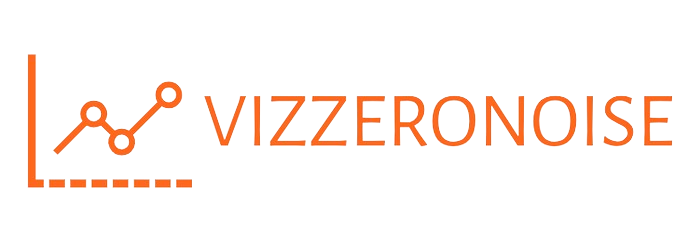In today’s fast-paced business world, mastering professional email writing is crucial for effective communication and building strong professional relationships. From crafting clear and concise messages to adopting proper email etiquette, honing your email writing skills can help you make a positive impression and achieve your goals. Here are some essential skills to help you master the art of professional email writing.
Setting the Tone: Establishing Professionalism
The tone of your email sets the stage for your entire communication. Start by addressing the recipient respectfully, using appropriate greetings and salutations. Avoid overly casual language and maintain a tone that is courteous, professional, and respectful. Remember that your email represents you and your brand, so it’s important to uphold a professional image in all your communications.
Clarity and Conciseness: Getting to the Point
In the busy world of business, time is precious. When composing professional emails, aim to convey your message clearly and concisely. Get straight to the point and avoid unnecessary fluff or filler content. Use short paragraphs and bullet points to break up the text and make it easier to read. By keeping your emails clear and concise, you’ll increase the likelihood of your message being understood and acted upon promptly.
Subject Line Mastery: Grabbing Attention
The subject line is the first thing your recipient sees when they receive your email, so it’s crucial to make it count. Craft a subject line that accurately summarizes the content of your email and grabs the recipient’s attention. Be specific and descriptive, but keep it brief and to the point. Avoid vague or generic subject lines that may get overlooked or dismissed. A compelling subject line can make all the difference in whether your email gets opened and read or ignored.
Professional Formatting: Making a Good Impression
The way your email is formatted can have a significant impact on how it’s perceived by the recipient. Use a professional email template or format that includes your name, title, and contact information at the top of the email. Use a clear and legible font, such as Arial or Times New Roman, and avoid using fancy or decorative fonts that may be difficult to read. Use proper formatting, such as bold or italics, to emphasize important points or information. A well-formatted email demonstrates attention to detail and professionalism.
Grammar and Spelling: Attention to Detail
Nothing undermines your professionalism more than typos, grammatical errors, or misspelled words in your emails. Before hitting send, take the time to proofread your email carefully for any errors or mistakes. Use spell check and grammar check tools to catch any issues that may have slipped through the cracks. Pay attention to punctuation, capitalization, and sentence structure to ensure your email is clear and professional. Remember that attention to detail matters, and a well-written email reflects positively on you and your professionalism.
Proper Email Etiquette: Following Best Practices
Following proper email etiquette is essential for effective communication and maintaining professional relationships. Always respond to emails promptly, even if it’s just to acknowledge receipt and indicate when you’ll provide a more detailed response. Be mindful of your tone and avoid using all caps, excessive exclamation points, or emoticons, which can come across as unprofessional. Use BCC (blind carbon copy) when emailing multiple recipients to protect their privacy and avoid cluttering inboxes. By following best practices for email etiquette, you demonstrate respect for your recipients and professionalism in your communications.
Attention to Privacy and Security: Protecting Confidentiality
When sending professional emails, it’s essential to be mindful of privacy and security concerns. Avoid sharing sensitive or confidential information via email unless it’s encrypted or secure. Use caution when clicking on links or downloading attachments from unfamiliar or suspicious senders to protect against phishing scams or malware. Be wary of using public Wi-Fi or unsecured networks when sending sensitive emails to prevent unauthorized access to your communications. By prioritizing privacy and security in your email communications, you protect yourself and your organization from potential risks and vulnerabilities.
Effective Follow-Up: Closing the Loop
Effective follow-up is key to maintaining professional relationships and ensuring that your emails don’t fall through the cracks. If you’re waiting for a response or action from the recipient, follow up with a polite reminder after a reasonable amount of time has passed. Be persistent but courteous, and offer assistance or clarification if needed. Keep track of your email communications and follow-up actions using a task list or email management system to stay organized and ensure nothing slips through the cracks. By closing the loop effectively, you demonstrate reliability and professionalism in your communications.
Continuous Improvement: Learning and Growing
Mastering professional email writing is an ongoing process that requires continuous learning and improvement. Take the time to reflect on your email communications regularly and identify areas for growth or refinement. Seek feedback from colleagues or mentors to gain insight into areas where you can improve. Stay updated on best practices and trends in email communication through professional development opportunities, workshops, or online resources. By committing to continuous improvement, you’ll become a more effective and confident communicator in the digital age. Read more about professional email writing skills


